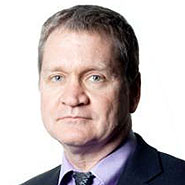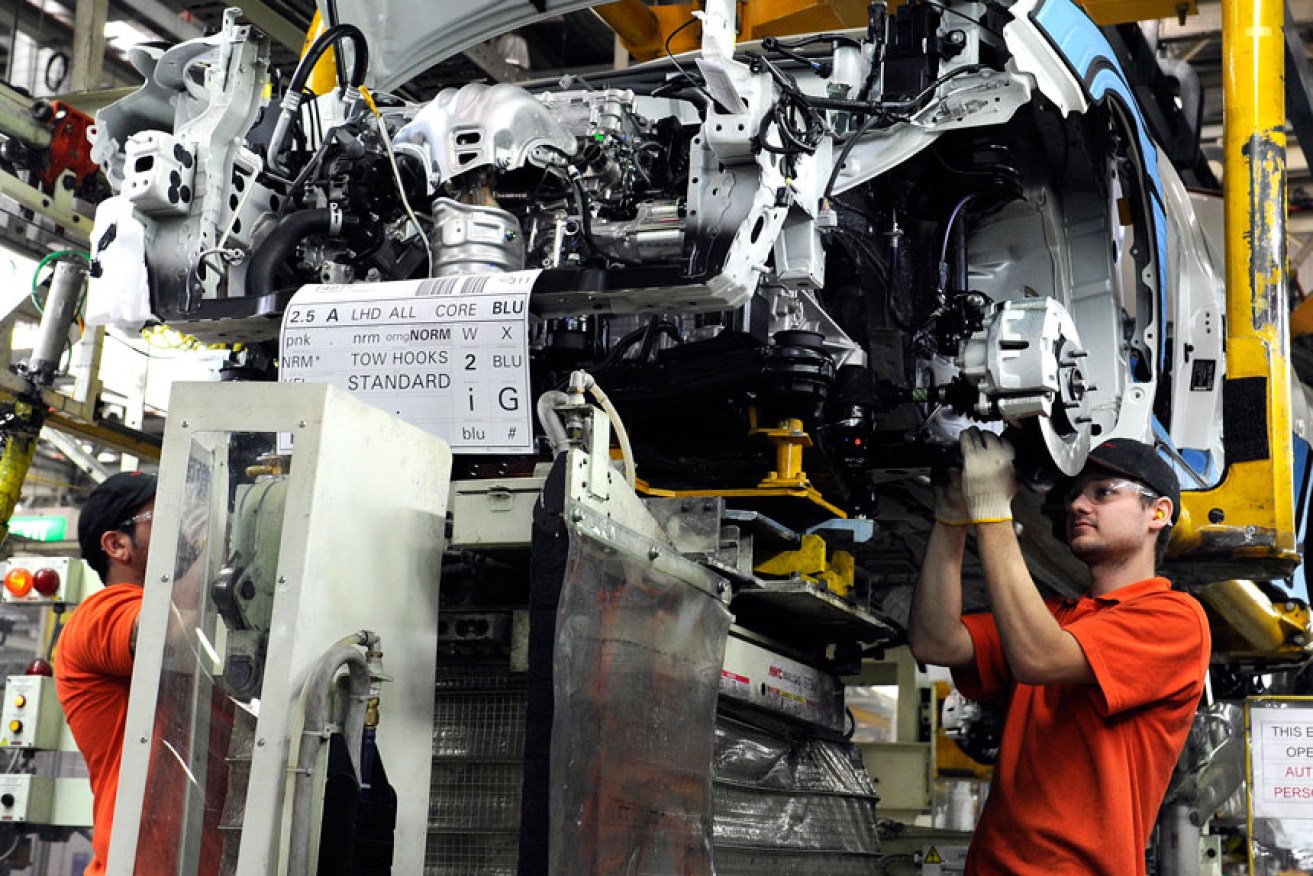Toyota calls it curtains for carmaking in Australia


AAP
· First Ford, then Holden: Is Toyota next?
· Political storm erupts over Holden
Toyota Australia has confirmed it will end 50 years of local car making in 2017 telling its 4000 workers that the decision was taken with ‘deep sadness’’.
The company’s president Max Yasuda said in a letter to workers today the company had left “no stone unturned” over the last two years in trying to keep open the assembly plant and engine plant.
The head of the Japanese parent company, Akio Toyoda said: that every effort had been taken to keep making cars in Australia.
“However, various negative factors such as an extremely competitive market and a strong Australian dollar, together with forecasts of a reduction in the total scale of vehicle production in Australia, have forced us to make this painful decision,” Mr Toyoda said.
The closure will cause recriminations within the workforce because a small group of workers, including shop stewards, won a federal court injunction which prevented management from seeking approval for an overhaul of workplace practices.
Toyota had insisted it needed to cut the cost of making each car by $3800 in order to compete for new investments with other Toyota plants.
However, the Abbott government insisted it would cut $500 million from funding to the car industry between 2015 to 2017 and the Productivity Commission last week called for an end to all industry funding by 2020.
Ford and GM Holden had already announced they would shut their car making plants by 2016 or 2017, reducing the critical mass needed to sustain a viable car component supply chain.
Concerns will shift to the component supply chain, many of which are already struggling.
About 30,000 flow-on jobs could be lost as all three car makers wind down their production.
Toyota said it would also consider shutting its technical centre in Melbourne, which is a sophisticated research and development centre.
The end of manufacturing will not overly affect Toyota‘s share of the Australian new car market.
It provides about 20 per cent of the one million cars sold every year, led by imported models such as the Corolla and Hilux utility.
But the plant closures will cut Australia’s export earnings by billions of dollars because 70 per cent of the cars made by Toyota is sold overseas, mostly to the Middle East and United Arab Emirates.
Earlier today, Toyota Australia tried to hose down renewed speculation over its future as a manufacturer in Australia ahead of a scheduled address to its workforce by its president Max Yasuda at about 5pm.
A Toyota spokeswoman said that Mr Yasuda would give his annual address at the company’s assembly plant at Altona in Melbourne’s west, and this would be broadcast to all its 4200 workers.
”We’re not making any redundancies and no decision has been made on the future of our manufacturing operations,” spokeswoman Beck Angel said.
However, security guards were later deployed this afternoon at its assembly plant and the company refused to answer further questions ahead of the announcement by Mr Yasuda.
Closure of the Toyota plant will be a massive blow to the Australian car component supply chain, which has estimated that 30,000 jobs rely on retaining at least one car maker.
It follows the hardline stance taken by the Abbott government, led by Federal Treasurer Joe Hockey, against industry assistance to the car makers and the fruit processor, SPC Ardmona.
Toyota today confirmed that it would reduce its production in the first half of this year to coincide with a model change in the important Middle Eastern market which accounts for about 70 per cent of Toyota’s Australia’s sales.
This would see Toyota’s usual one-week production break at Easter extended to a fortnight, by bringing forward non-production days from the second half of this year.
Ford Australia has said it will stop local production by October 2016 and, cutting 300 jobs later this year as its reduces output of the Falcon in response to falling sales.
Toyota has said that its parent company will make a decision this year on whether to approve new investment needed to produce a new model Camry.
The Abbott government is expected to make a decision on whether to continue car manufacting industry assistance by around March-April. The Productivity Commission has argued in a draft report that the case for continued assistance is weak.








